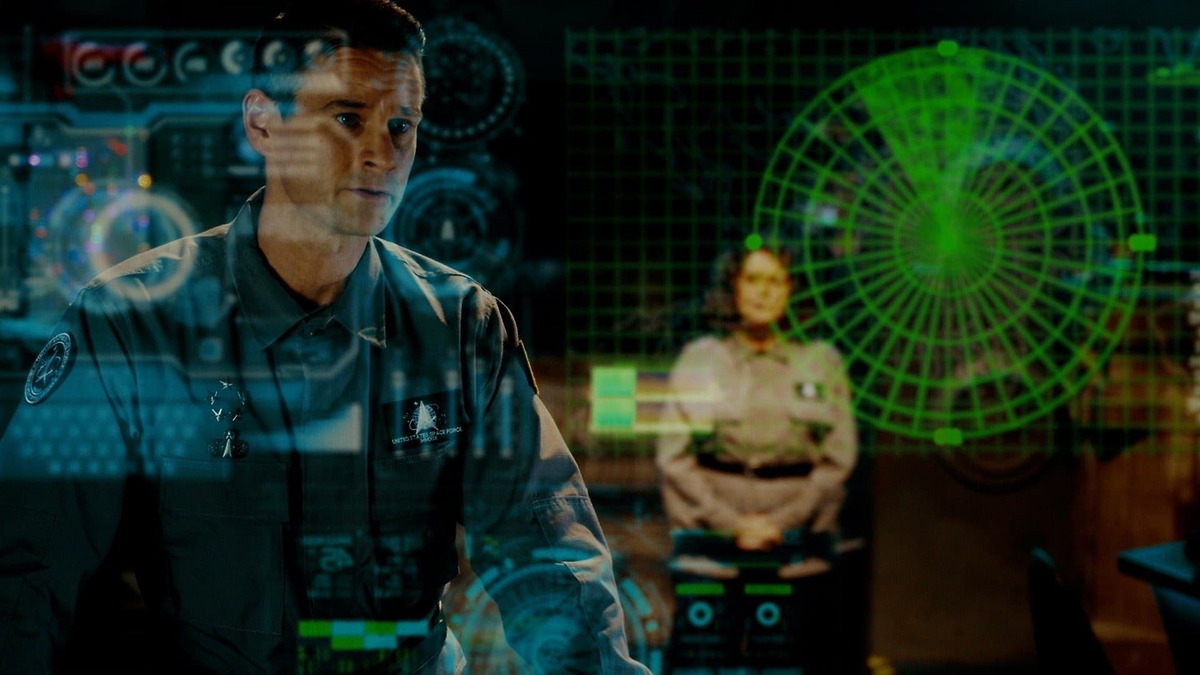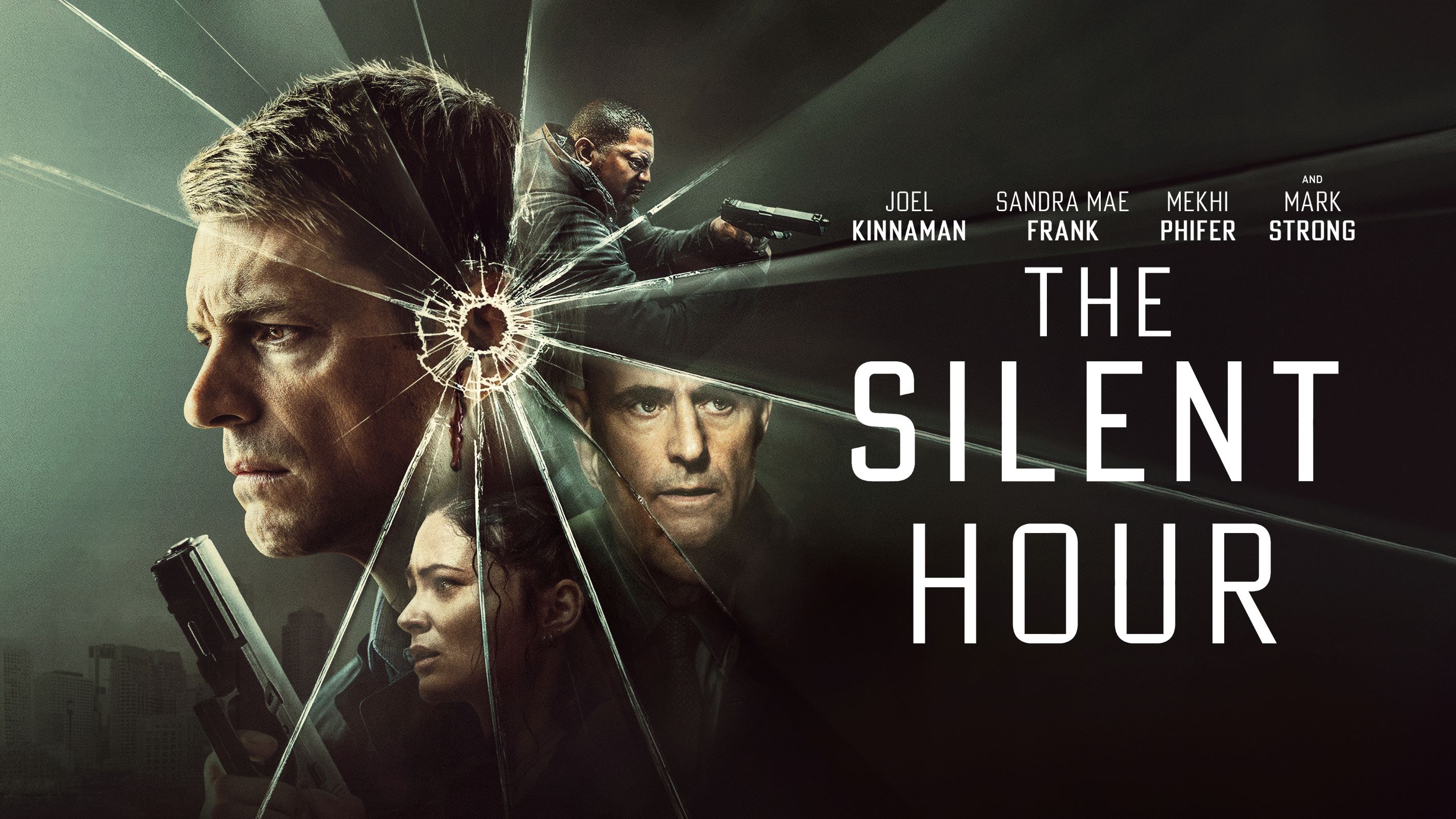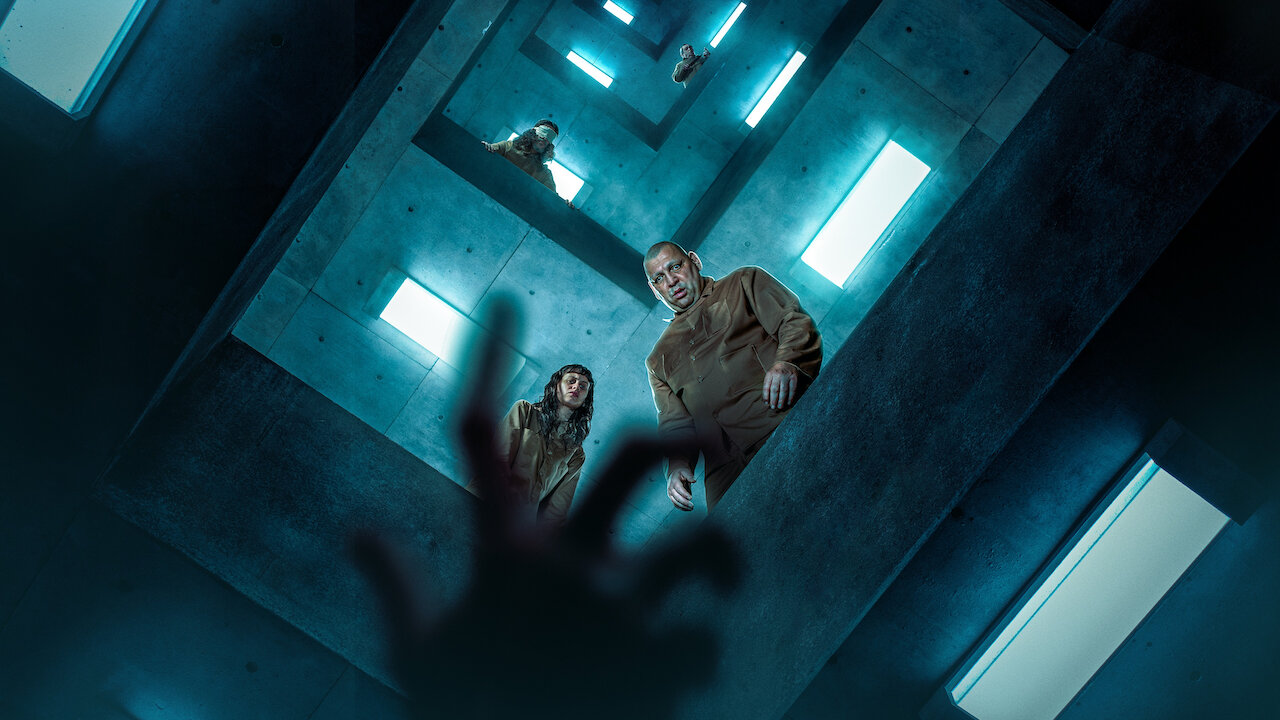There are dreadful movies, there are glorious ones, and then there are those—like this laugh-riot of a mockbuster—that leap into the yawning abyss between, flailing their cardboard limbs, and come up gasping, ridiculous, and (miraculously!) alive. Planet Dune isn't just bad. It's an epic car crash, a filmic yard sale, a Walmart-brand space opera that dares—gallingly—to sidle up to the grandeur of Villeneuve’s Dune and ask, “Can I copy your homework?”
Let’s get this out of the way: if Dune is a feast, Planet Dune is the potluck dish someone brought after a long night out. But admit it: sometimes the potluck is where the party is.
There’s no mystery here—this is a narrative so fragile, you could roll it up and mail it. Astrid Young, the sort of sci-fi heroine who should be saving the galaxy but instead looks desperate for a sandwich and a new agent, leads a motley gang of ex-cons onto the desert planet “Dune.” (Never mind subtlety; it’s on the nose, and then some.) Giant iron-eating worms, looking as though they were rendered on a busted Atari, take turns munching on crewmates. “Adventures” ensue. Internal betrayals blink by like bad traffic signals. You know who’s going to get devoured, and the only surprise is how much fun it is to watch the actors pretend they aren’t just counting down the minutes until craft services.
This is a fever-dream plot—every turn borrowed from a thousand post-midnight cable features, every moment straining under the weight of its own awkwardness. But what’s so devilish here is that Planet Dune seems to know, deep down, that it’s a joke, and dares you not to laugh along.
The cast—oh, the brave, the pitiful, the magnificently ill-prepared cast! Astrid, our heroine, is a shock-blonde cipher whose primary mode is existential confusion. The rest of the crew—escaped from a soap so cheesy you could spread it on toast—compete for the “Wooden Spoon Award” of line delivery. Emotions are big, loud, and paper-thin, and camaraderie is the stuff you find on bad reality TV, all forced banter and awkward stares. You measure time not by suspense but by how many times an actor manages to moon at the camera before the next worm attack. But there’s a kind of shameless charm in it—the way children put on a play for bewildered parents, so bad it loops around to being kind of precious.
Directors Tammy Klein and Glenn Campbell seem to approach Planet Dune like tourists with a broken map—each decision feels like it was made just minutes before rolling. There are flashes of inspiration: a worm breaks through the sand, threatens, then…wobbles, deflating any sense of menace. The CGI…Is this a movie, or a screensaver from 1998? Every attack is a punchline, not a crescendo. The whole production wears its limitations on its sleeve, waving them at you like parade flags.
Did anyone actually write this, or did someone just spill fridge-magnet poetry onto the set? Dialogue bumbles along, lurching from non sequitur to dead-end, punctuated with lines so gloriously wooden, you want to etch them into a “bad dialogue” Hall of Fame. “Is your flask actually a family heirloom?” a character asks, and it lands with the limp thud of a forgotten prop. It's as if every line was cribbed from a bored undergraduate’s discarded notebook—and yet, that’s somehow part of the fun.
Does Planet Dune want to be a film about camaraderie, perseverance, triumph over hostile environments? Maybe. But the only thing that survives here is the humor—the slap-happy, “so bad it’s hilarious” joy of watching people flail against insurmountable odds, both in the script and on set. The worms are hungry, the landscape deadly, but it’s all an excuse to let chaos reign. This is a movie for the snickering survivor in us all, the one who knows the difference between art, trash, and that faintly magical space where the two accidentally high-five each other.
Science fiction? Not really. Satire? Accidentally, gloriously so. Planet Dune is less “2001: A Space Odyssey” and more “Let’s LARP in the desert and see if anyone brings snacks.” The spaceships are here, gaudy and fake, the sand is abundant, and the mood—well, it’s cheerful chaos all the way down.
And yet, through the smoke and badly-rendered CGI, there is genuine fun to be had—the “let’s pretend” energy that powers Saturday-night movie marathons. The action scenes surprise you with their earnestness, and every lurch of the digital worm feels like an inside joke between cast, crew, and audience.
I laughed. I rooted for the stupidest decisions, the most poorly-executed scenes, the actors doing their damnedest while the script collapses around them. There’s a kind of rare audacity in a movie so keenly aware of its own limitations that it leans in, gives the camera a wink, and throws itself headfirst into the sand. This isn’t greatness. It’s something stranger, and maybe more useful: an invitation to revel in the absurd. If Dune aspires to sweep you away in majesty, Planet Dune wants to buy you a beer and tell you a dumb joke—it’s the mockbuster as a communal event.
Planet Dune is that rare film—a mess proud of its messiness, a trainwreck with confetti, a science fiction comedy in the most accidental sense. Watch it with friends, with drinks, with the lowest of expectations, and I promise: you will find joy in its cosmic calamities. In a world drowning in solemn, self-important blockbusters, sometimes you just need to see a movie that doesn’t care if you take it seriously, so long as you laugh along. The worms may be fake, the acting petrified, the script the stuff of legend, but the fun? That’s real enough. Go ahead, dive into the mayhem. Cinema—God knows—needs its holy disasters.


